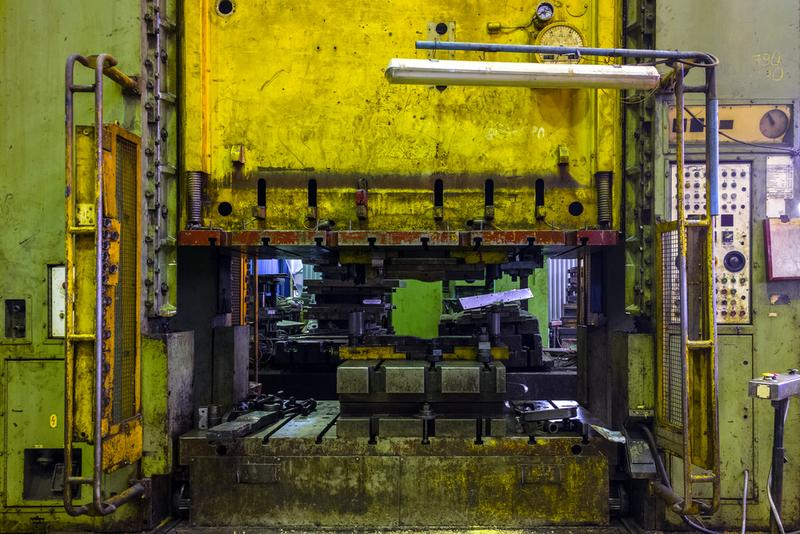Why Many Chinese Hardware Factories Hesitate to Quote for Trading Companies?

Why Are Most Chinese Hardware Factories Reluctant to Quote for Trading Companies?
Many trading companies seeking quotes from Chinese factories have a common question: Why are many Chinese hardware factories unwilling to quote, whether through Alibaba or at trade shows?
In reality, many Chinese factories are eager to provide quotes, even spending considerable time to offer rock-bottom prices. However, they do have some reservations about inquiries from trading companies.

Here are some of the most common complaints from Chinese factories when dealing with traders:
1、Many trading companies, after receiving a quote, will switch to other hardware factories once the order is secured. This is quite common, and factories have encountered it many times. Products for which they initially provided quotes are often re-quoted by other hardware factories within a few months, with the new inquirer claiming it’s an actual order.
Generally, after providing a quote to a trading company, if the order is won, the trading company will prioritize cooperation with nearby hardware stamping factories or those offering lower prices, based on the initial quote provided by the factory.
2、There are too many hands-off managers in trading companies. Many trading companies, upon receiving inquiries and drawings from foreign clients, directly forward the drawings to domestic hardware stamping factories for a quote. It’s important to note that many hardware factories do not have professional translators, so at the very least, trading companies should translate the English on the drawings into Chinese.
3、Many trading companies lack communication with their clients, sometimes not even discussing the quantity of products needed before asking for a quote, which puts factories in a difficult position.

It’s believed that hardware factories and trading companies need to establish mutually beneficial cooperative relationships built on trust to better unite and secure orders. This is a small minority in China, as many factories are willing to cooperate with traders. The main issue is the high cost of building a business team and the potential loss from hastily entering online marketing.
There are some clear differences between trading companies and factories in their business operations, mainly in the following aspects:
Role Positioning
Trading companies typically act as intermediaries, responsible for connecting and coordinating between buyers and sellers to facilitate transactions. They focus more on the buying and selling of goods and transaction services, usually not involving the actual manufacturing and production process of the products. Factories, on the other hand, focus on the manufacturing and production process, having more direct control over product quality.
Business Scope
The business scope of trading companies is broad, including representing domestic producers or suppliers’ products, responsible for product promotion, sales, and distribution; directly purchasing products from abroad and selling them in the domestic market, or vice versa; and providing international procurement agency services, LCL container services, logistics services, etc. Factories are more focused on product manufacturing and production, with a relatively narrow business scope.

Risk Bearing
There are differences in risk bearing between trading companies and factories. The risks for trading companies are mainly concentrated in market changes, price fluctuations, and supply chain management. They need to pay attention to market dynamics and customer needs, as well as communication and coordination with suppliers and customers. Factories, however, need to bear the costs and risks associated with production equipment, personnel management, raw material procurement, etc., and need to focus on product quality and production efficiency.
Customer Relationships
Trading companies usually establish connections with multiple suppliers and customers, making customer relationships relatively complex. They need to maintain good relationships with customers and suppliers to ensure smooth transactions. Factories, on the other hand, focus more on establishing long-term, stable cooperative relationships with a few customers, winning their trust and support through improved product quality and service levels.
Profit Sources
The profits of trading companies mainly come from the difference in buying and selling prices and service fees. They need to improve profitability by optimizing supply chain management and increasing sales efficiency. Factories’ profits mainly come from the difference between production costs and sales prices. They need to improve profitability by increasing production efficiency and reducing production costs.
